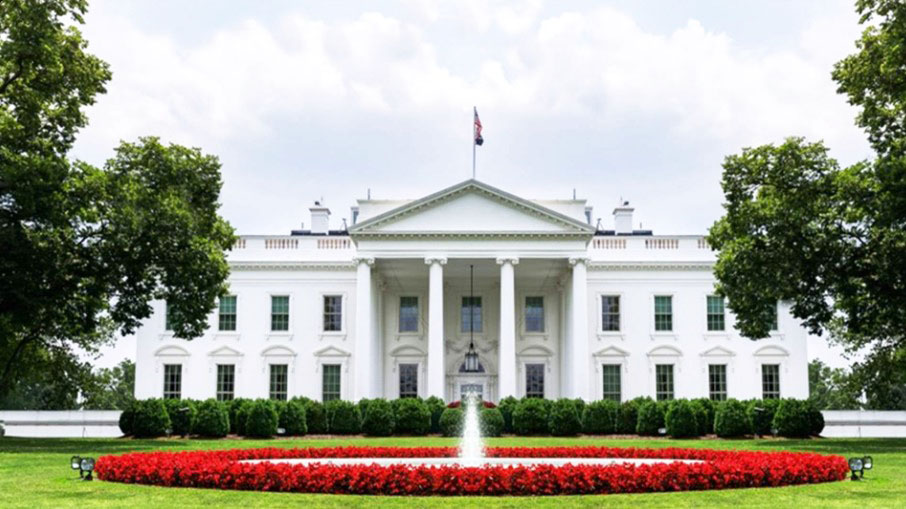
USA in the ``Maze`` of Sudans Peace File (Part 1/2)
Khalid Masa
For decades, the "Sudan file" has remained a persistent point of focus for U.S. administrations, whether Democratic or Republican. The U.S. has consistently held the "remote control," orchestrating what it wishes to project to the world on the political screen of a country with significant influence in the Horn of Africa. Sudan is a critical piece in the strategic puzzle of the superpower’s agenda in Africa, serving as a gateway to fortify its influence in a continent rife with heavyweight competitors who will never leave such a pivotal nation unchallenged.
The U.S. has played the Sudan card with a mix of sticks and carrots: economic sanctions, inclusion in terrorism lists, international criminal indictments, and political quid pro quos. This strategy culminated in the grand bargain of the "Naivasha Agreement," which failed to bring comprehensive peace to the troubled country but satisfied both parties to the deal. The Sudan Peoples Liberation Movement (SPLM) achieved what it had fought for under the banner of southern liberation, while Al-Bashirs regime maintained a centralized authority in Khartoum, serving as a full-time "intelligence officer" and part-time "security guard" safeguarding U.S. interests in the region.
The December Revolution uprooted a regime well-versed in navigating U.S. policies on Sudan, shaking Americas confidence in its ability to unravel the complexities of Sudanese political chemistry. The superpower appeared perplexed, neither fully supporting the revolutionary street movement to achieve its radical change nor backing the transitional government in its battle against the remnants of the old regime. Instead, the U.S. left the cow of democratic civilian transition "in between"—neither fully preserving Bashirs system nor fully enabling the change envisioned by the revolution.
The U.S. clung to its established approach to Sudanese policy, even amid the golden opportunity presented by the October 25 coup, where the military partner overturned the civilian transition. It failed to revise its diagnosis of Sudans political ailment or prescribe remedies addressing the cancer rather than merely reducing the fever.
Sudan was not absent from the minds of the architects of Donald Trump’s first presidential campaign. They raced against time in the final year of his term, playing their cards once again. This time, the “joker” included sanctions, removal from the blacklist of state sponsors of terrorism, compensation payments for victims of the USS Cole bombing and U.S. embassy bombings in Nairobi and Dar es Salaam, and steps toward normalization with Israel. These decisions aimed to secure points for the Republicans in the U.S. presidential election marathon. Their calculations mirrored those of the Democrats under President Barack Obama, who also catered to American public opinion on the deeply impactful 9/11 victims’ issue.
However, objections from senators Robert Menendez (New Jersey) and Chuck Schumer (New York) to a project granting sovereign immunity to Sudan—shielding it from lawsuits by 9/11 victims’ families—further stifled Sudans post-revolution economy. This deterred investors from engaging in Sudan.
America lost Trump and the Republicans due to its miscalculations regarding Sudans transitional government and public sentiment. Secretary of State Mike Pompeo’s visit to Khartoum, which aimed to kickstart normalization with Israel, was met with Prime Minister Abdalla Hamdok’s response that such matters were beyond the transitional government’s mandate.
The contradictions in U.S. policy toward Sudan became apparent as the political scene regressed to its pre-revolution state. The very conditions that had led the U.S. to close its embassy in Sudan in 1996—and later reopen it with reduced diplomatic representation (a chargé daffaires) in 2002—resurfaced. Yet, less than a month after the October 25 coup, which the U.S. itself described as a setback to civilian democratic transition, it sent John Godfrey as its ambassador to Sudan. This appointment sent a negative signal, undermining America’s claimed support for democratic transformation in Sudan.
The Sudan file unraveled before Godfrey, the ambassador of a country absent from Sudan at this diplomatic level for a quarter century. The U.S. found itself mired in the quicksand of Sudans “political process,” with little impact beyond fostering "social normalization" between embassy staff and Sudanese society’s events.
The Biden-led Democratic administration, upon entering the White House, served up the same old Republican wine in new bottles, failing to achieve top marks in handling the Sudan file.

